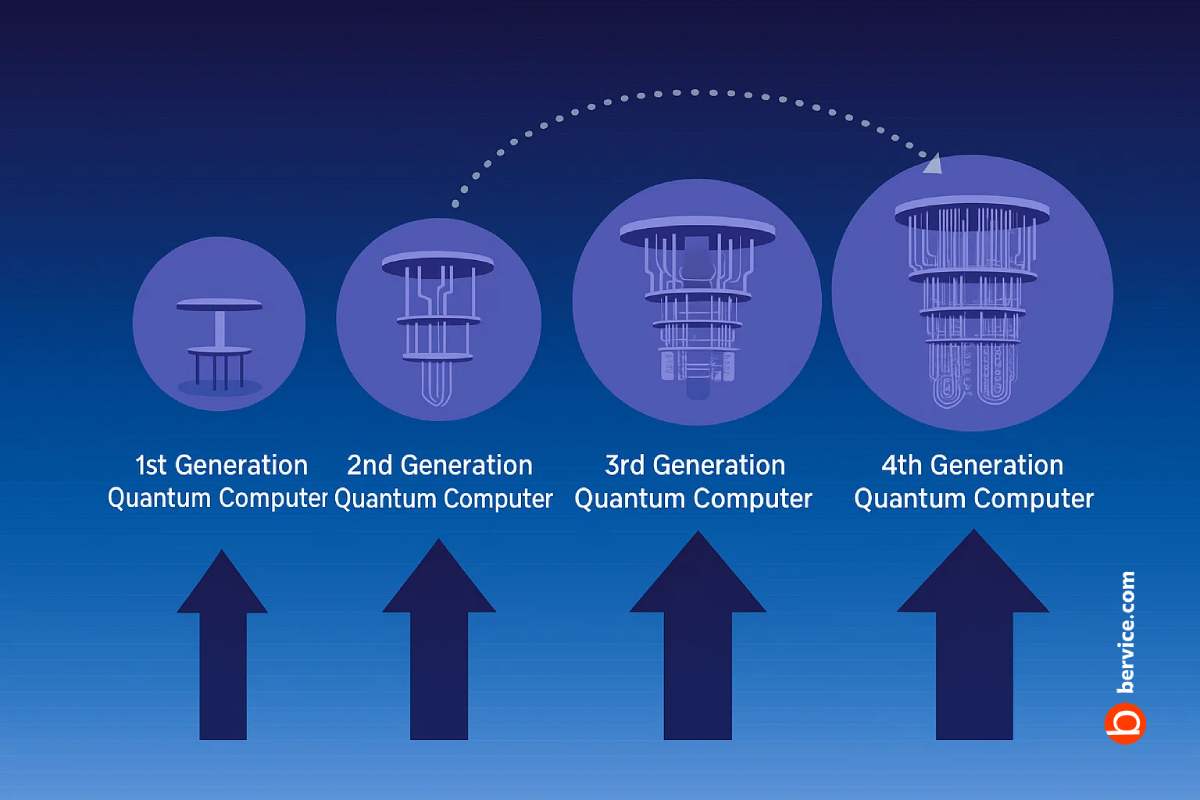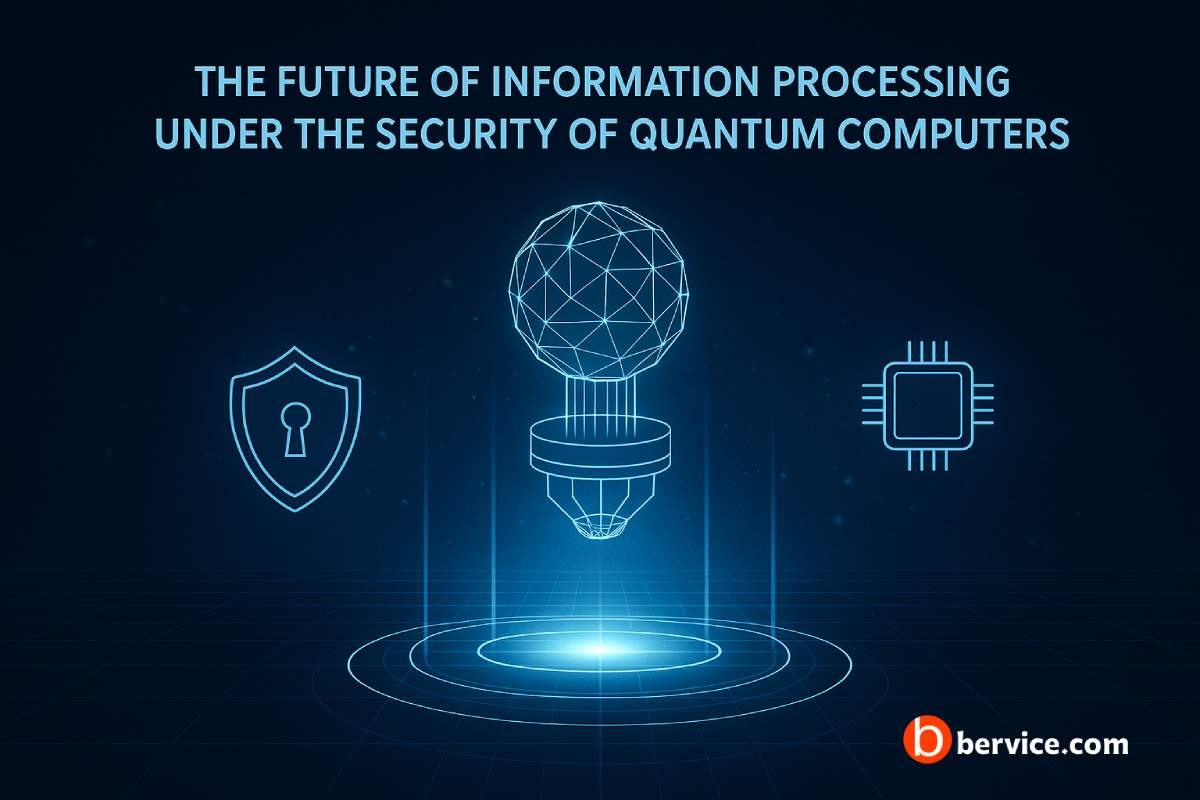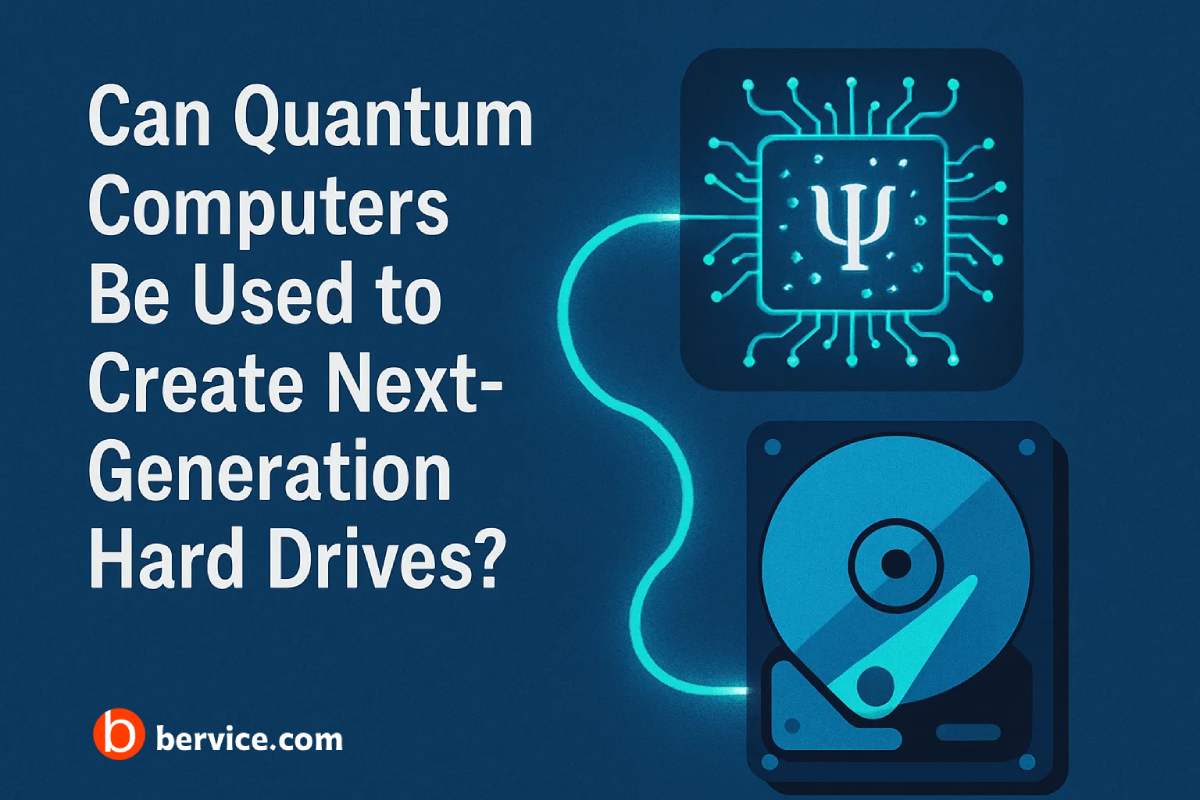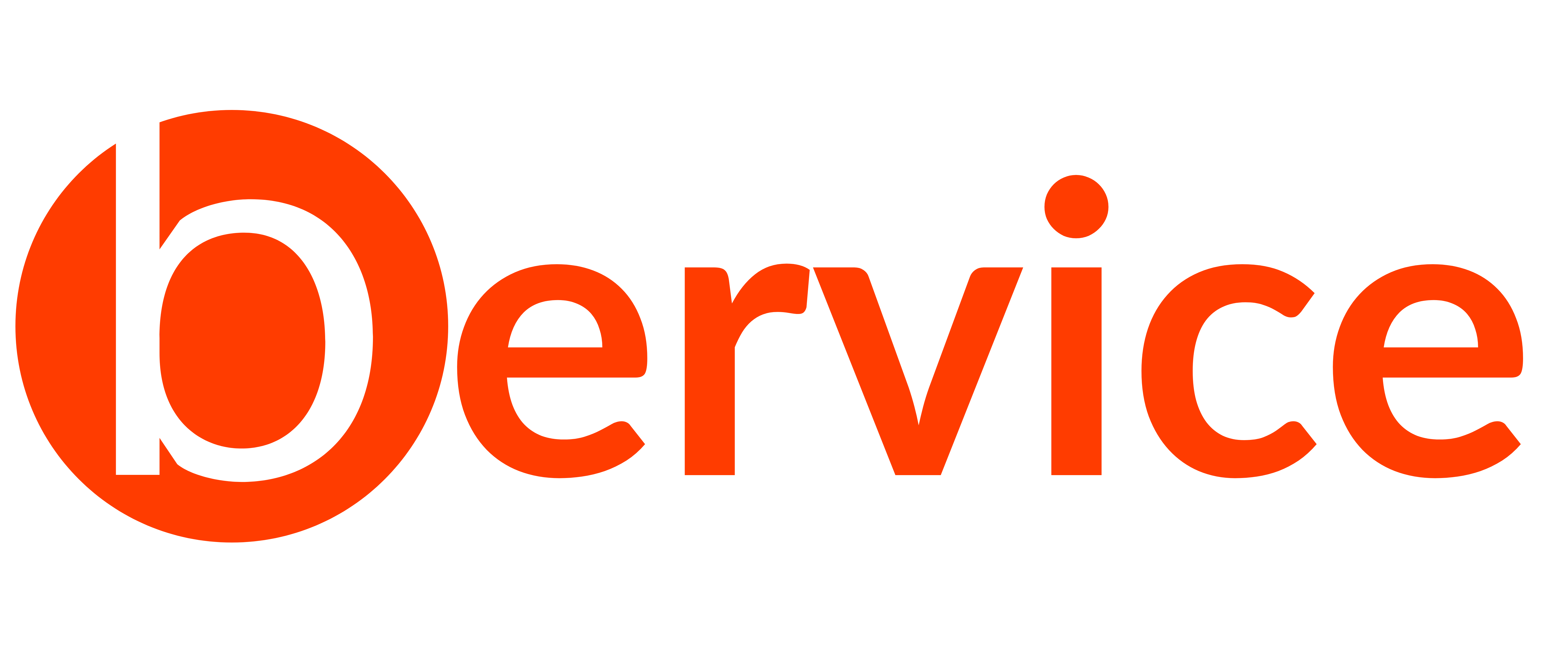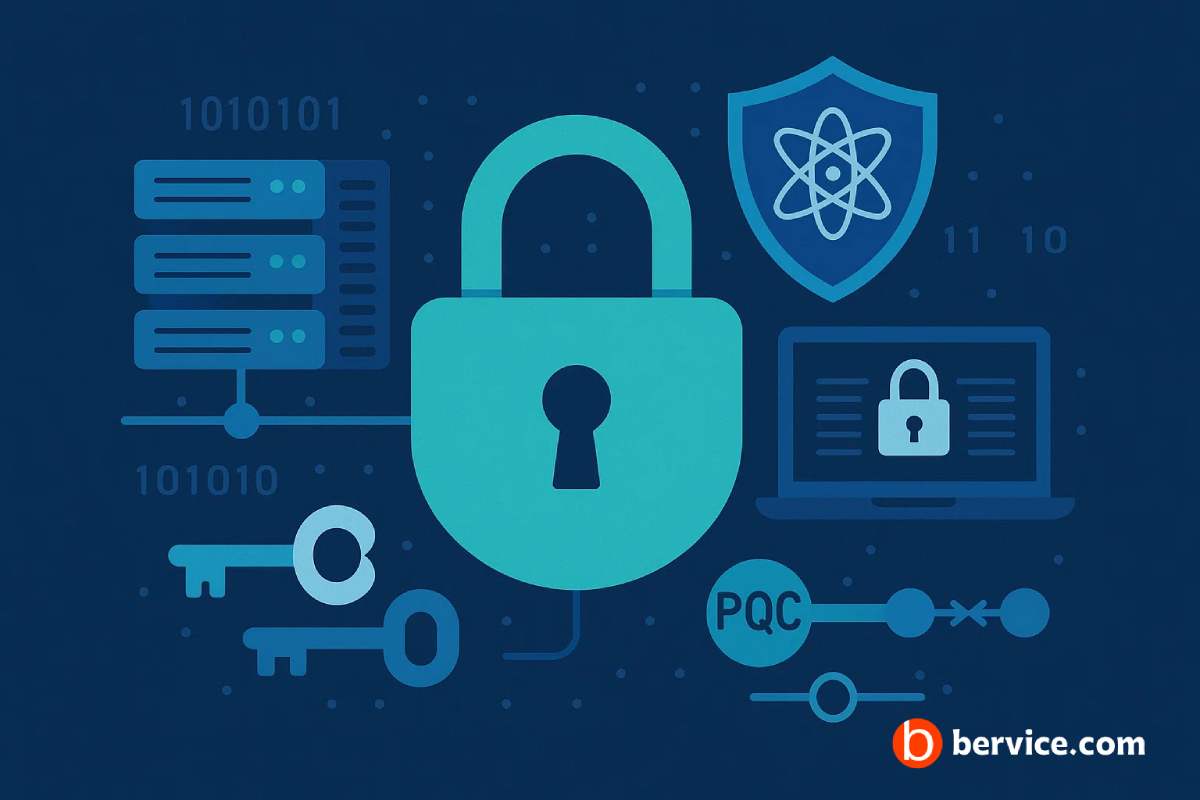
In today’s digital era, data is at the core of every business, institution, and personal interaction. From critical business information to personal memories captured in photos and videos, data loss can have devastating consequences. Traditional methods of data storage have vulnerabilities, such as physical damage, cyberattacks, and system failures. However, emerging technologies like blockchain, quantum computing, and decentralized storage offer new solutions that promise to reshape how we secure and store data, making data loss a thing of the past.
Blockchain: A New Era of Secure Data Storage
Blockchain technology has gained significant attention due to its ability to provide secure, transparent, and decentralized systems for handling transactions. Originally developed as the backbone of cryptocurrencies like Bitcoin, blockchain has expanded its use cases to various industries. One of its most important benefits is the immutability of data records. Once data is added to the blockchain, it is nearly impossible to alter, delete, or hack, providing a level of security that traditional systems cannot match.
This feature makes blockchain particularly attractive for applications in data storage. By storing data on a blockchain, you can ensure that your information is not only secure but also easily verifiable and resistant to tampering. Decentralized networks of nodes work together to validate and store the data, removing the need for a single point of failure, such as a central server. This eliminates the risk of data loss due to hardware failure or malicious attacks on centralized systems.
Quantum Computing: The Future of Data Protection
Quantum computing is often viewed as the next frontier in computing, and its potential to revolutionize data storage and security cannot be overstated. Unlike classical computers, which process information in binary (0s and 1s), quantum computers use qubits that can represent both 0 and 1 simultaneously, enabling them to perform complex calculations exponentially faster.
This computing power has profound implications for encryption and data protection. Traditional encryption methods rely on the complexity of mathematical problems that are difficult for classical computers to solve. However, quantum computers can potentially break these encryption algorithms in seconds, posing a threat to current security measures.
To counter this threat, researchers are developing quantum-resistant encryption algorithms that can withstand attacks from quantum computers. This will ensure that our data remains safe even as quantum computing becomes more mainstream. Additionally, quantum computing’s power could help optimize decentralized storage networks, making data retrieval faster and more efficient, even on a global scale.
Decentralized Storage: Empowering Users with Control
Decentralized storage is an alternative to traditional cloud storage services, where data is stored on centralized servers controlled by third-party companies. In a decentralized storage network, data is distributed across multiple nodes or computers, allowing users to store and access their data without relying on a central authority. This model has several advantages, including improved security, greater privacy, and resistance to censorship.
One of the key features of decentralized storage is its resilience. Since data is spread across a distributed network, it is much harder for attackers to target or corrupt the system. Even if one node goes offline or is compromised, the data remains accessible from other nodes, ensuring that there is no single point of failure. Furthermore, decentralized storage networks often use encryption to secure data, making it accessible only to authorized users.
By using decentralized storage, individuals and businesses can have greater control over their data, reducing reliance on third-party providers and mitigating risks associated with data breaches and server outages. With the combination of blockchain and decentralized storage, data can be stored securely, transparently, and without the fear of losing access or control.
The Road Ahead: A Data-Resilient Future
As blockchain, quantum computing, and decentralized storage continue to evolve, they promise to reshape the landscape of data security. These technologies offer the potential to eliminate data loss, increase privacy, and improve the efficiency of data storage systems. With their combined power, we can build a future where our data is more secure, more resilient, and truly under our control.
While the implementation of these technologies may take time, the advancements in these fields are progressing rapidly. In the coming years, we are likely to see more widespread adoption of blockchain-based systems for data storage, the rise of quantum-resistant encryption, and the growth of decentralized storage platforms that offer unparalleled security and reliability.
Ultimately, by embracing these technologies, we can build a world where data loss is no longer a concern, and individuals and organizations alike can rest assured that their most valuable digital assets are protected, secure, and always within reach.
Connect with us : https://linktr.ee/bervice
